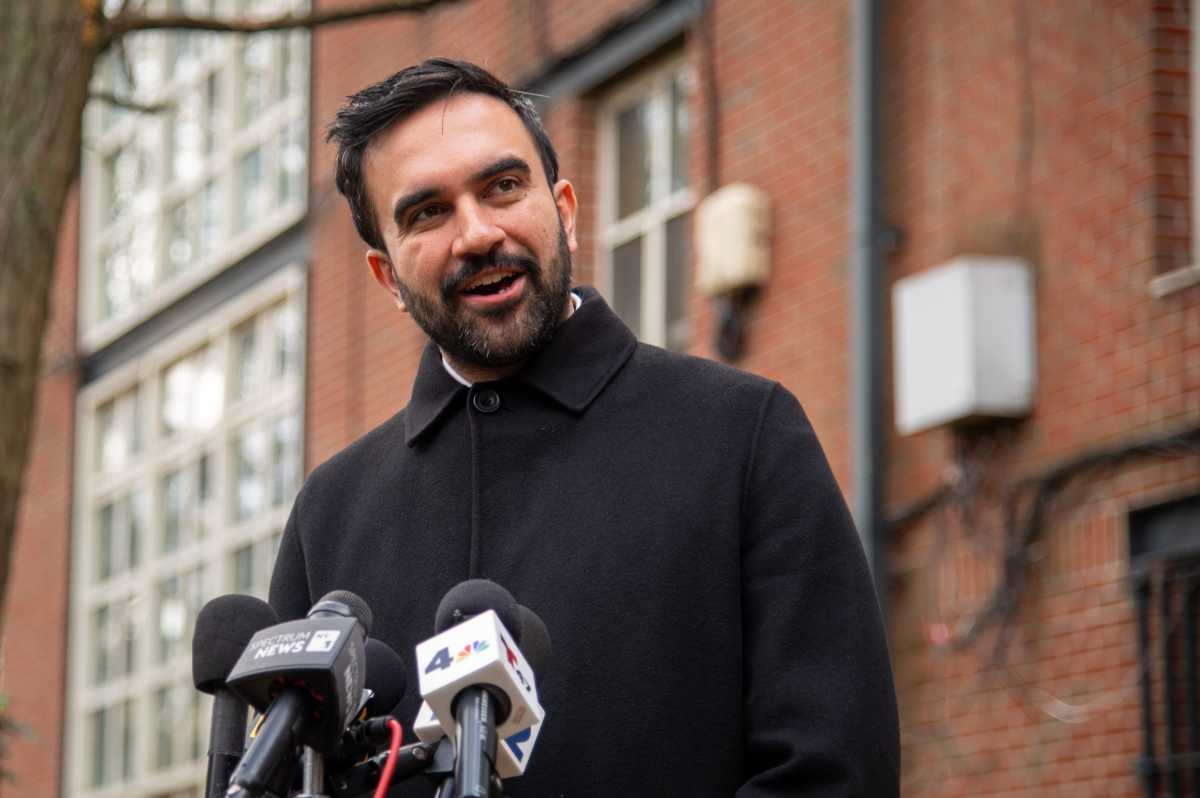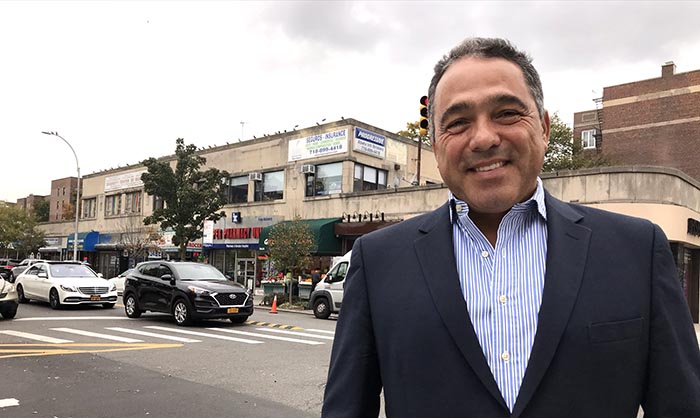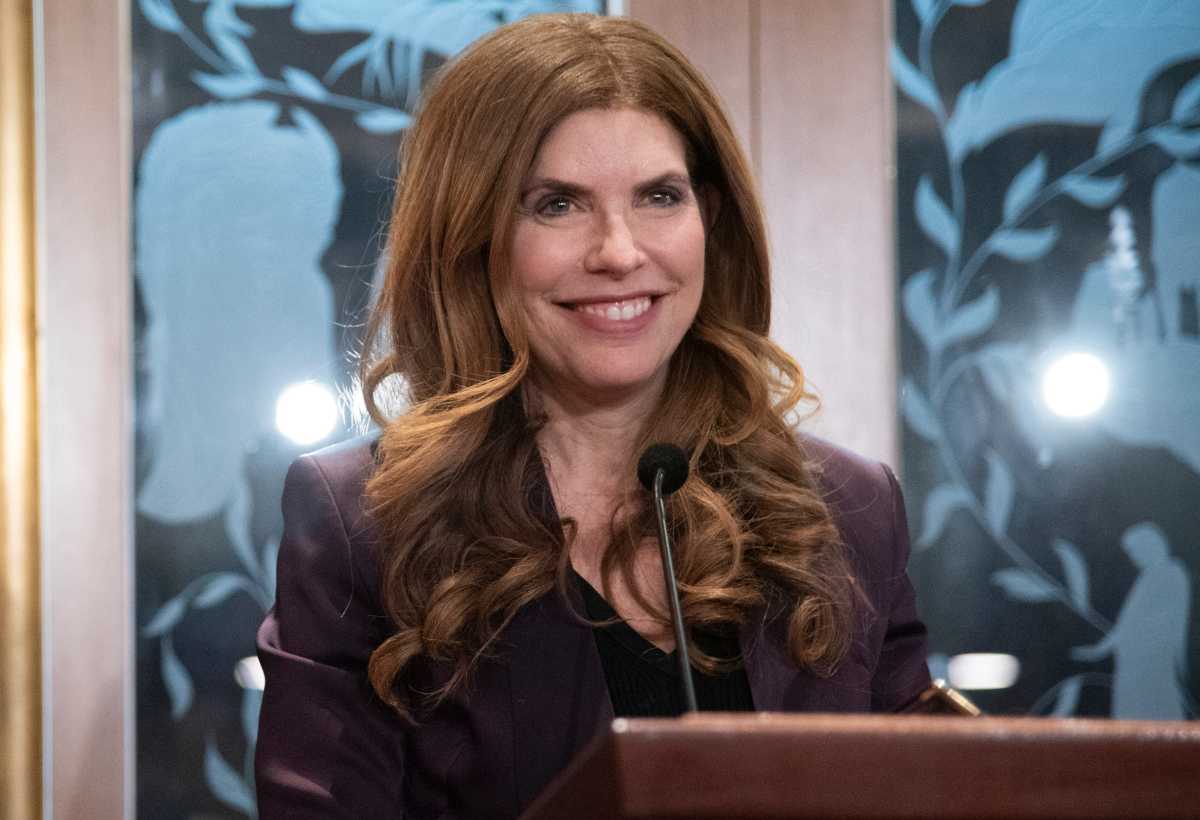If the expected Adams Administration wants to send a message next year that New York City is open for business, they could start by rolling out the welcome mat for Walmart.
About 10 years ago – long before the city’s many progressive lawmakers arrived on the scene and put the kibosh on Amazon setting up a headquarters in Long Island City, Queens – Walmart tried coming to the outer boroughs.

In 2011, Walmart – the nation’s largest private employer – donated millions of dollars to the city to open its first store in Brooklyn’s Gateway Mall off the Belt Parkway in East New York. This included $4 million to the city’s popular Summer Youth Employment Program, but the city’s then progressives led a successful Walmart Free NYC campaign.
The main arguments back then against Walmart were the company was non-union and would take away business from small mom-and-pop shops. Those arguments didn’t make sense then, and it makes even less sense now.
Why? Because one of Walmart’s main competitors has had New York City in its bullseye for years.
Target, one of the nation’s top 15 employers and a Walmart competitor, has opened dozens of stores in the city. They are mainly flagships of urban malls, mainly in the outer boroughs and employ thousands of local residents – many of whom are people of color.
And like Walmart, Target as well as most big retail chain stores are non-union.
To this journalist, not allowing Walmarts in the city smells of cultural elitism and a gross double-standard.
Whereas Minnesota-based Target has a more urban marketing, its pricing is very similar to the Arkansas-based Walmart, which unabashedly markets for both employees and shoppers to working-class Americans. The very people that Democratic progressives often speak about helping in their proposed $3.5 trillion “human” infrastructure bill.
Ironically, Walmart is already in the city, but not in a brick-and-mortar way.
The Wall Street Journal reported last month that the retailer inked a deal with Instacart, a company that charges a fee to send gig workers to purchase items at stores and deliver them. Under the agreement, Instacart will purchase Walmart groceries out of the city and deliver them to parts of Brooklyn, Queens and the Bronx.
With the City’s unemployment rate at 10.2% — well above both the state and national average — Walmart stores will bring much-needed working-class jobs here. To say nothing of more sales tax revenue.
Sending out a public olive branch to Bentonville, Arkansas will also deliver a strong message to the Austins, Nashvilles, and other growing business cities in the country: That we welcome and will compete for all business sectors here, from high-tech to working-class.
Walmart today, and Tesla tomorrow.










